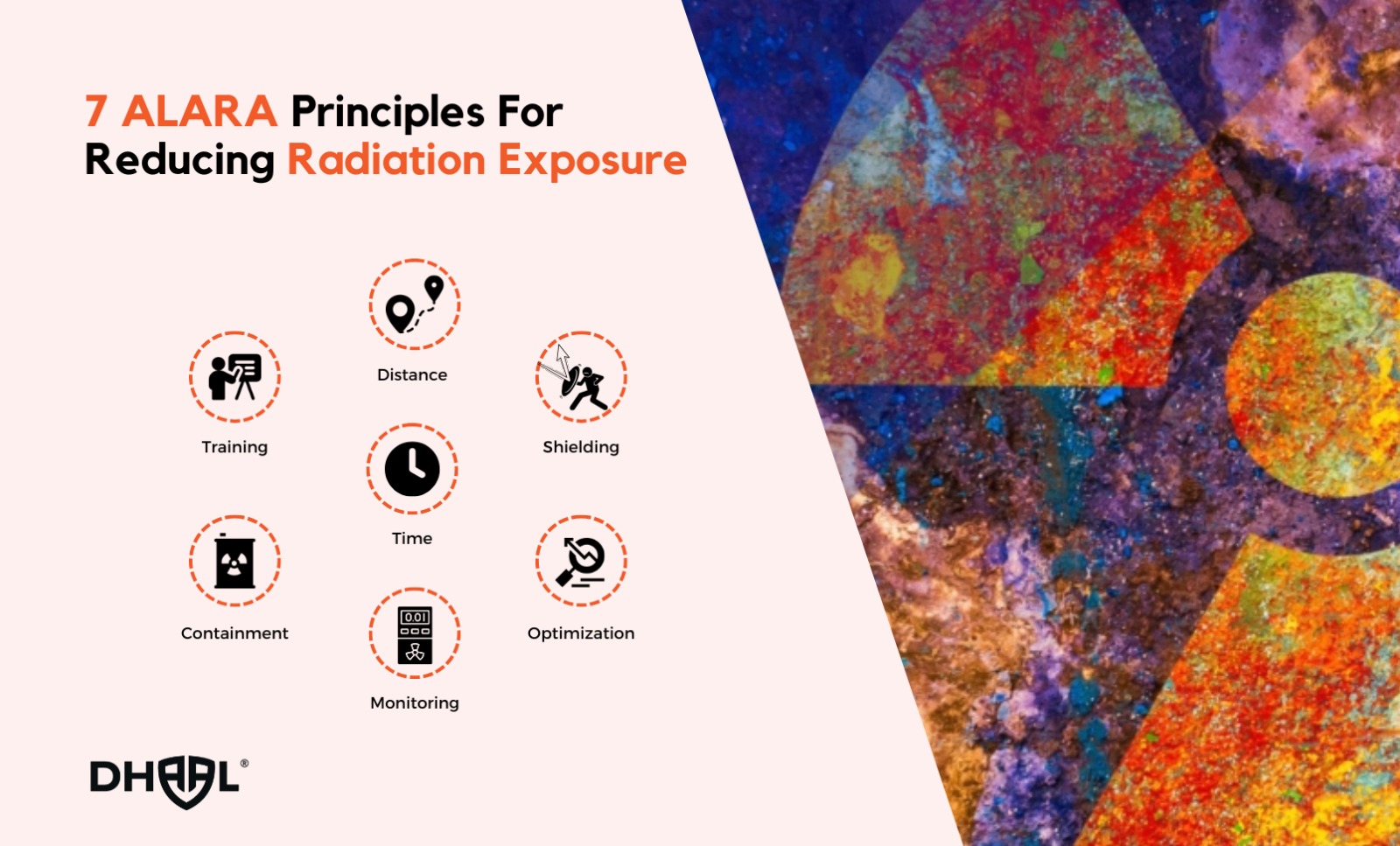
Choosing lightweight aprons for surgeons and doctors offers several benefits, significantly enhancing comfort, efficiency, and safety in medical settings. Here’s a detailed overview of the benefits and uses of lightweight aprons in the medical field:
Benefits of Lightweight Aprons
- Enhanced Comfort and Mobility
- Description: Lightweight aprons are designed to be less cumbersome than traditional lead aprons, which can be heavy and restrictive.
- Benefits: Surgeons and doctors experience greater ease of movement and reduced fatigue during long procedures. The lightweight nature of the aprons allows for better flexibility and comfort, which is crucial during intricate surgeries or extended medical procedures.
- Reduced Physical Strain
- Description: Heavy aprons can contribute to back pain, shoulder strain, and overall physical discomfort due to their weight.
- Benefits: Lightweight aprons minimize physical strain, thereby reducing the risk of musculoskeletal issues and improving overall ergonomics for medical professionals. This is particularly important in high-stress environments where physical endurance is key.
- Improved Safety and Protection
- Description: Lightweight aprons are often made from advanced materials that offer the same level of radiation protection as heavier aprons but with less bulk.
- Benefits: These aprons ensure effective radiation shielding without compromising on safety, allowing for enhanced protection while maintaining a more comfortable wearing experience.
- Enhanced Durability and Maintenance
- Description: Lightweight materials used in modern aprons often come with enhanced durability and easier maintenance compared to traditional lead-based aprons.
- Benefits: They are less prone to wear and tear and are easier to clean and sanitize, contributing to a longer lifespan and better hygiene in medical environments.
- Reduced Fatigue and Improved Focus
- Description: The weight of traditional aprons can contribute to fatigue, which might affect a surgeon’s or doctor’s focus and performance.
- Benefits: By reducing the physical burden, lightweight aprons help maintain concentration and performance levels, which is essential for successful patient outcomes and overall surgical precision.
- Enhanced Mobility in Tight Spaces
- Description: In many medical settings, especially operating rooms, space can be confined.
- Benefits: Lightweight aprons offer better mobility and ease of movement in tight spaces, allowing medical professionals to work more efficiently and comfortably in restricted areas.
Uses of Lightweight Aprons
- In Surgical Procedures
- Description: Surgeons and operating room staff are frequently exposed to radiation during procedures involving fluoroscopy or X-ray imaging.
- Usage: Lightweight aprons are worn to protect against radiation while ensuring that the surgeon can move freely and operate effectively during long surgeries.
- In Diagnostic Imaging
- Description: During diagnostic imaging procedures like X-rays or CT scans, radiologists and technicians need protection from radiation.
- Usage: Lightweight aprons provide necessary protection while allowing radiologists to perform their duties with minimal discomfort.
- In Interventional Procedures
- Description: Interventional radiology and cardiology procedures often involve prolonged exposure to radiation.
- Usage: Lightweight aprons are used to safeguard medical professionals while ensuring they can maintain the dexterity required for precise interventions.
- In Routine Medical Examinations
- Description: While not as common as during surgical or imaging procedures, some routine examinations and procedures may involve minimal radiation exposure.
- Usage: Lightweight aprons provide an extra layer of protection for doctors during such examinations, contributing to overall safety and comfort.
- In Dental Practices
- Description: Dentists frequently use X-ray machines for diagnostic purposes.
- Usage: Lightweight aprons are employed to protect dental professionals from radiation while ensuring they remain agile and comfortable.
Choosing the Right Lightweight Apron
- Material and Construction:
- Advanced Materials: Look for aprons made from materials such as lead-free composites or high-density polyethylene, which provide effective radiation shielding while being lighter.
- Ergonomic Design: Ensure the apron features adjustable straps and ergonomic design elements to enhance comfort and fit.
- Fit and Coverage:
- Proper Fit: Choose aprons that offer a good fit and adequate coverage based on the specific medical tasks performed.
- Customization: Consider options that can be customized to the wearer’s size and preferences for optimal protection and comfort.
- Ease of Maintenance:
- Cleaning Requirements: Select aprons that are easy to clean and sanitize, ensuring they meet hygiene standards.
- Durability: Evaluate the durability of the materials to ensure long-term use and value.
By integrating lightweight aprons into their daily practices, surgeons and doctors can benefit from enhanced comfort, mobility, and safety, ultimately leading to a more efficient and effective medical practice.



